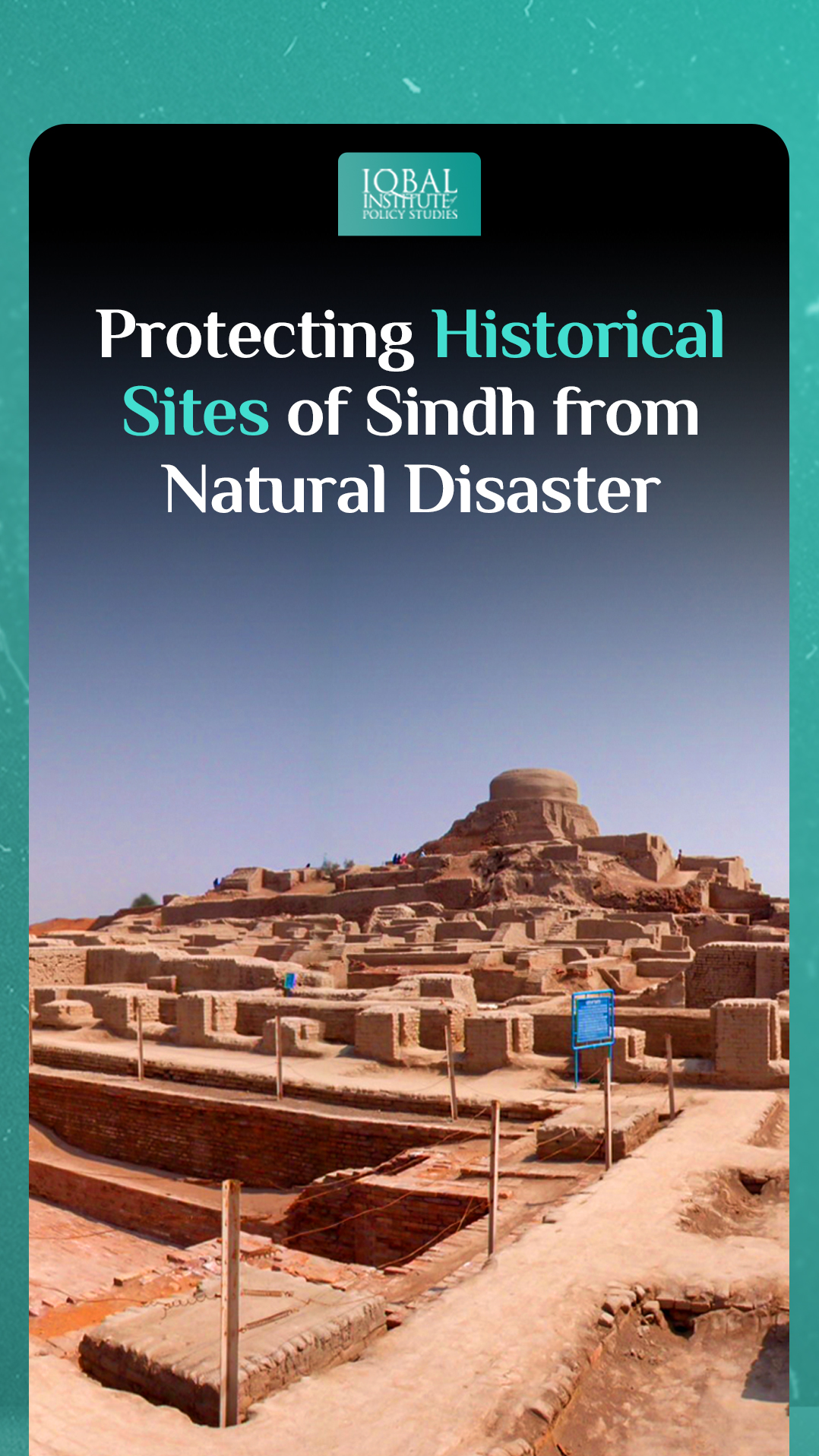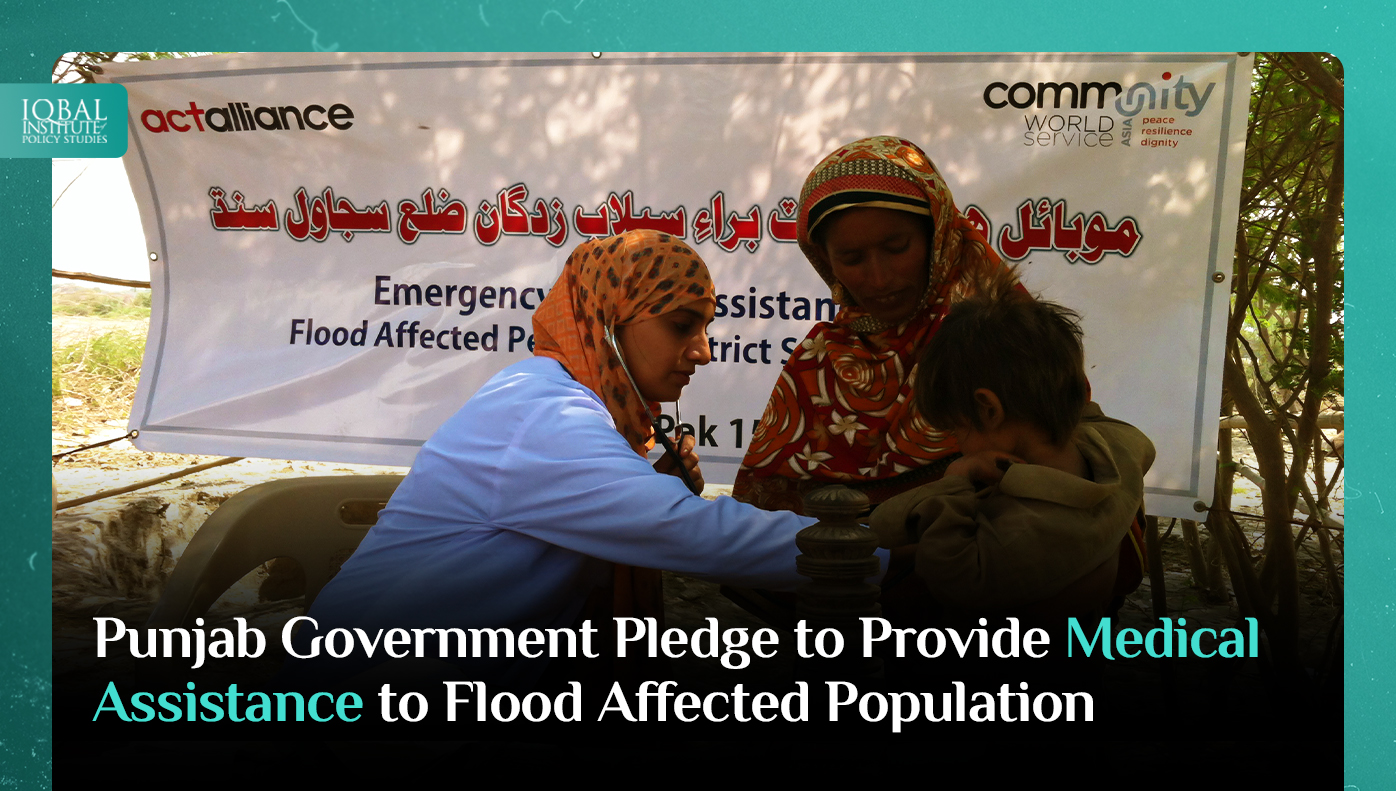Considering the ongoing situation, the government of Pakistan is working tirelessly to provide relief to the flood victims. The government has launched a flood relief fund to provide financial assistance to the affected population. Besides government efforts, many non-governmental organisations have also played their role in providing financial and medical reassurance to the affected people. Also, many international donors have provided aid to Pakistan to combat the disastrous impacts of floods including a $ 5 million aid provided by Canada. To mitigate the climatic effects, the government of Pakistan has joined hands with the U.N to launch a Pakistan Flood Response Plan 2022 that highlights an inclusive plan of action to respond to the needs of the affected people.
The current flood has brought disastrous damage to the country and impacted more than 33 million people in different parts of Pakistan. Over 1,100 people including over 350 children have lost their lives, more than 1,600 people have been injured, over 287,000 houses have been fully and 662,000 partially destroyed, over 735,000 livestock have perished and 2 million acres of crops have been adversely impacted, besides severe damage to transport and communications infrastructure (U.N OCHA, 2022).
To cope with the humanitarian loss, the Government of Punjab has announced plans to provide medical assistance to the flood affected population. Under this assistance, the Punjab government will send medicines and medical staff for serving the flood-affected population across the country. In addition, the government has decided to compensate for damage to houses, crops and livestock along with the provision of tents, food hampers and other necessary material in the areas. Furthermore, the provincial cabinet has approved a loan of Rs4 billion for the rehabilitation of irrigation infrastructure. Despite all these efforts, the government still needs to develop a holistic approach to address the humanitarian needs covering the thematic clusters of food security and agriculture, health, nutrition, education, protection, shelter and non-food items, water, sanitation and hygiene.



Leave a Reply